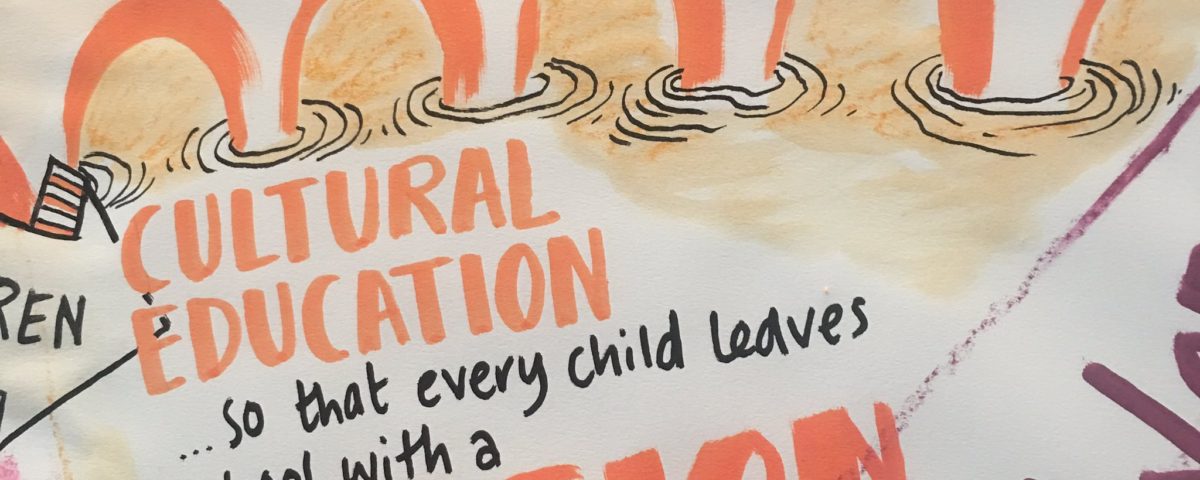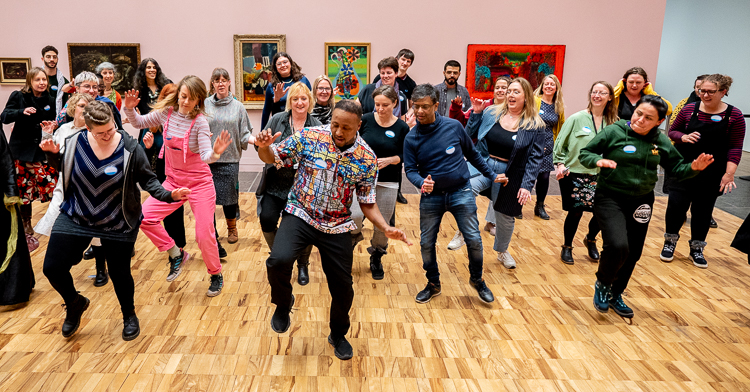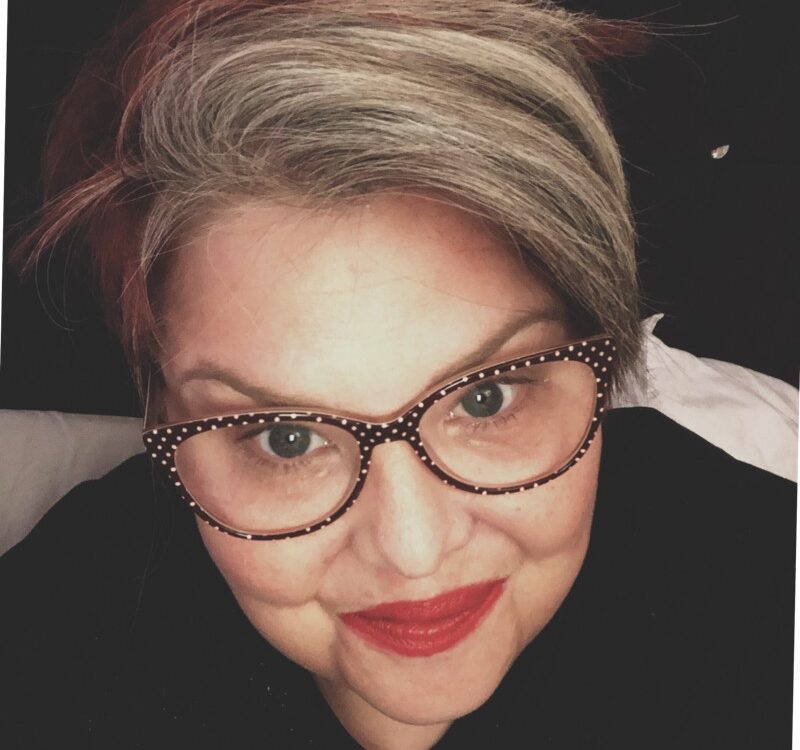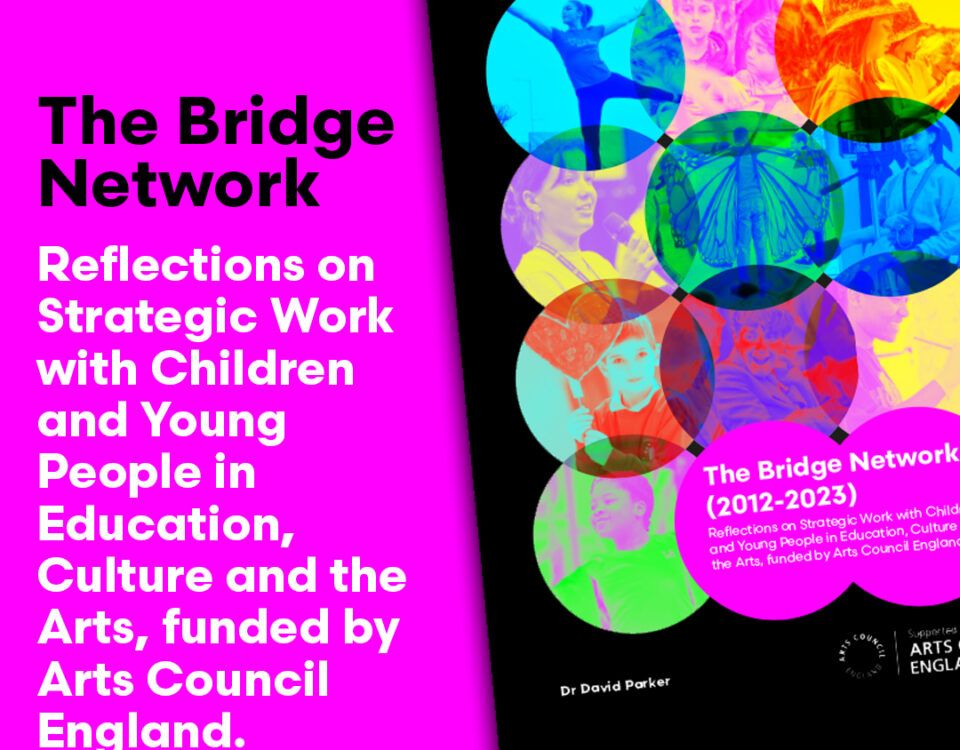Goal 5 Digital Seminar
February 3, 2017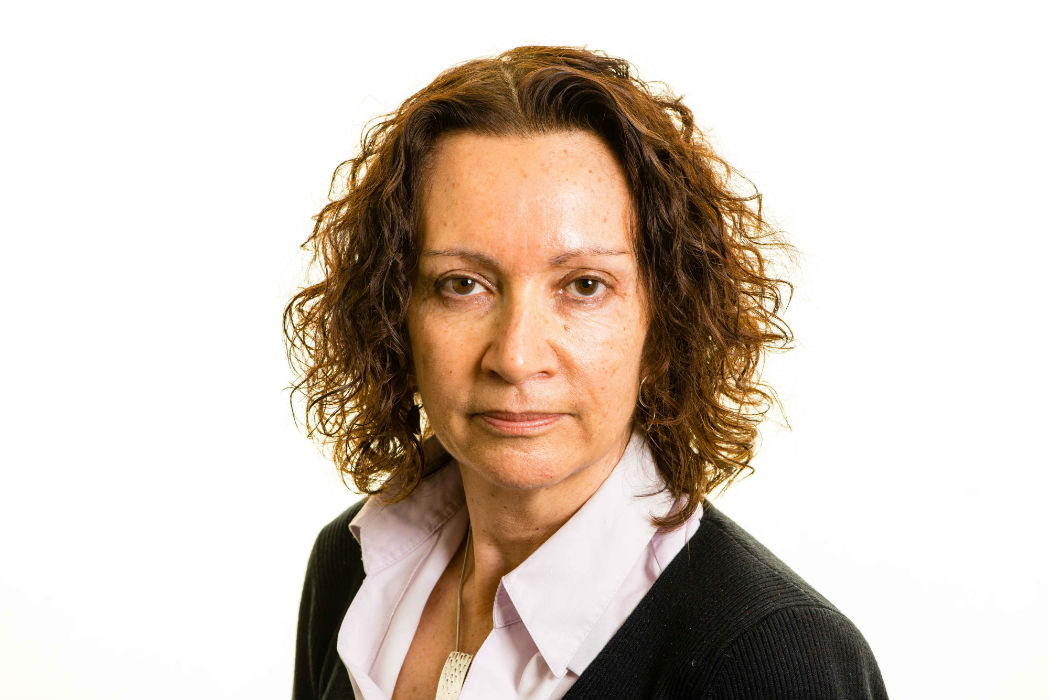
A View From the Bridge: Jude Bird
February 14, 2017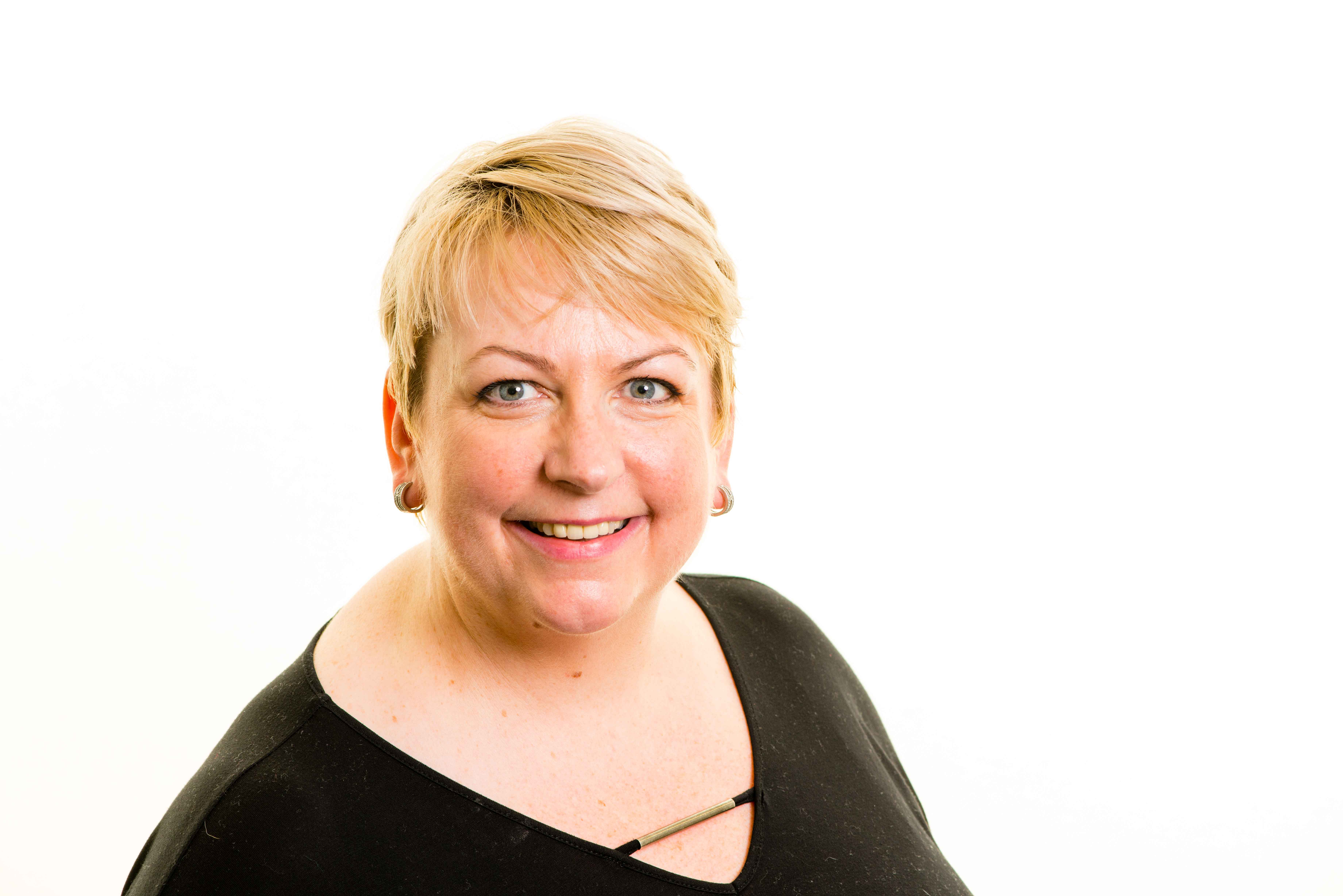
There’s a hole in our bucket dear Ministers. . . and its leaking talent and teachers
The NSN (New Schools Network) report published yesterday is a good read. Like the ImagineNation report published a couple of weeks ago, it affirms the importance of cultural education and presents a set of strong arguments as to why all schools should be delivering a strong arts offer, especially to disadvantaged students. What might surprise you though, is the finding that, contrary to popular belief, the introduction of the EBacc measure in schools has not had a detrimental effect on the take up of arts subjects at GCSE.
Ed Fellows acknowledges that his analysis of the data is at odds with a similar analysis conducted by the CLA (Cultural Learning Alliance) and puts this down to the CLA’s inclusion of Design and Technology in the list of arts subjects considered, along with the inclusion of independent schools’ results. Ed gives a logical rationale for why he chose to exclude both from his study and it’s not my intention here to quibble over what should or shouldn’t be counted. I expect we’ve all been guilty at times of manipulating data until it tells us what we want to hear, and to be honest I like the positive spin Ed’s numbers generate – but I do think the report misses the point slightly.
I’m no data expert but I feel adequately qualified to comment on this subject. As the Chief Executive of Curious Minds, Cultural Education is the world I inhabit. It’s what I talk about day in and day out, with my colleagues, teachers, school leaders, cultural practitioners and young people. And I can tell you Ed, the really interesting story behind your data isn’t to do with scale, it’s about status.
You acknowledge how the underlying message the EBacc gives to school leaders (and also parents and young people), that arts subjects don’t matter as much as English, maths, sciences, humanities and foreign languages, has reduced the impetus for school leaders to prioritise the resourcing of arts subjects at Key Stage 4. I agree that this is probably the reason why [despite the apparent increase in GCSE entries] the number of teachers and taught hours for the arts subjects in secondary schools has fallen drastically over the past four years.
I’ll reiterate the story I relayed in my previous blog about the Headteacher from Liverpool who presented us with the provocation: “Cultural Education, I won’t be sacked if I do it – I won’t be sacked if I don’t”.
So therein lies the dilemma I want to explore: why, against a backdrop of reduced status and diminishing resources for cultural education in schools, are the number of entries to arts GCSEs on the rise? And should we be worried?
I suspect it’s got something to do with the way schools are managing the combined pressure of meeting the specific demands of the EBacc while rising to the challenge presented by the other school accountability measures ‘Attainment 8’ and ‘Progress 8’.
My hypothesis, stemming from a number of conversations I’ve had over the past few months, is that entries to arts GCSEs have increased because schools are using arts subjects tactically to boost the Attainment 8 scores of ‘less-able’ students (a term used by the Department for Education to describe young people whose individual talents and strengths sit outside traditional academic subjects) while some ‘more [academically] able’ students are being steered away from studying arts subjects in a bid to bolster schools’ EBacc standings.
In the end it’s really a tale of 3 buckets – and there seems to be a hole in ours!*
The worrying bottom line that the NSN report fails to acknowledge is that the EBacc and Progress 8 measures seem to be pushing in opposite directions when it comes to take up of arts subjects. While the Progress 8 measure is positively driving uptake of arts subjects at Key Stage 4, especially for ‘less-able’ students, the EBacc measure is causing ‘more-able’ students to be steered away from taking arts GCSEs in favour of EBacc subjects. Our precious bucket is leaking talent (and teachers) at a time when creative and cultural industries employers are telling us they’re facing a major talent gap. This is an issue we simply can’t afford to ignore if we are to maintain our thriving creative and cultural industries post-Brexit.
That’s why we support the NSN in its plea to the Government to “do more to signal its enthusiasm for arts education. . . and continue to provide resources for the arts in schools as it has done in the case of the Music Hubs and the Cultural Citizens Programme and making it clear that it does not want schools to steer children towards EBacc subjects at the expense of arts GCSE subjects.”
We’re delighted to hear that the Government shares our commitment to ensuring that high-quality arts education is the entitlement of every single child. This is why we’re so passionately committed to working with schools, cultural organisations and fellow Bridge organisations to tackle the Cultural Education Challenge.
Curious Minds is thrilled to be working with Arts Council England and DCMS to pilot Cultural Citizens with schools in Blackpool and Liverpool** and we look forward to sharing the learning from the programme in the summer.
I’d really like to hear from teachers and school leaders about this. Does my hypothesis resonate with your experience and your schools? What are your thoughts on the apparent contradictions between this report and the findings of the Cultural Learning Alliance? What do you think is causing the falling numbers of teachers and arts departments in schools across the country? Post your comments below.
*If you’re not in education and want more detail about the Buckets and EBacc effect I’m referring to I try to explain my thinking here.
**Cultural Citizens is also being piloted in London by our fellow Bridge organisation A New Direction, and in Birmingham by Kids in Museums.
Derri Burdon
Chief Executive
Curious Minds

